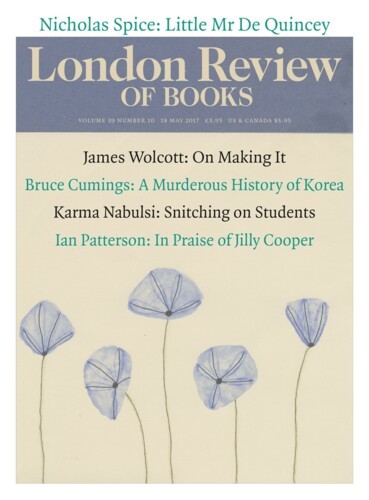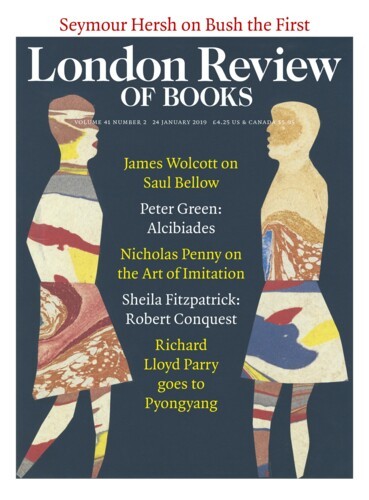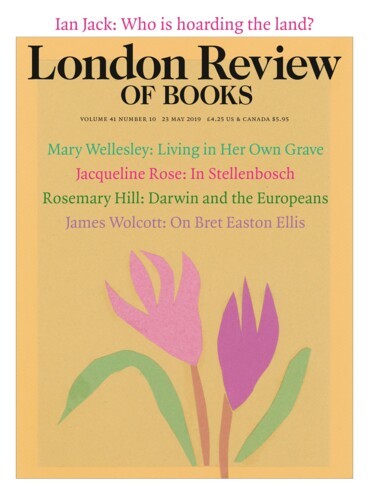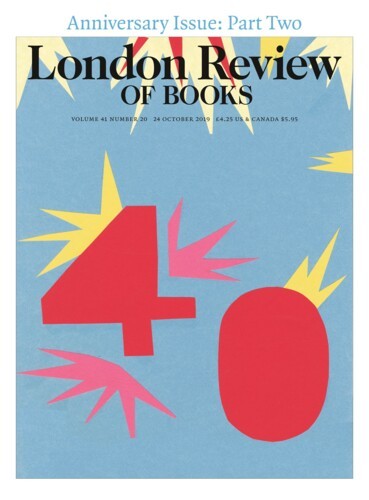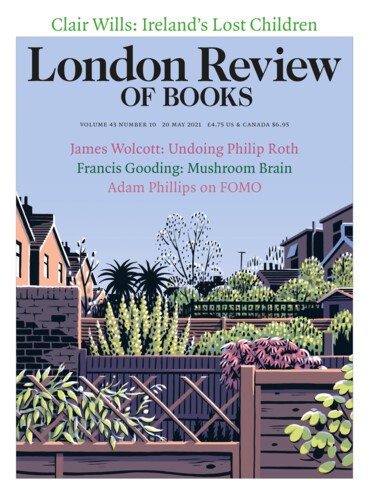Enemies For Ever: ‘Making It’
James Wolcott, 18 May 2017
In daydream moments in between the usual author agonising, Norman Podhoretz may have anticipated the publication of Making It as a climactic solo bringing down the curtain on act one of his career and a springboard for his next move. The book was certainly stagecrafted that way. If so, he misjudged the composition of the audience and the sales appeal of his candour.
